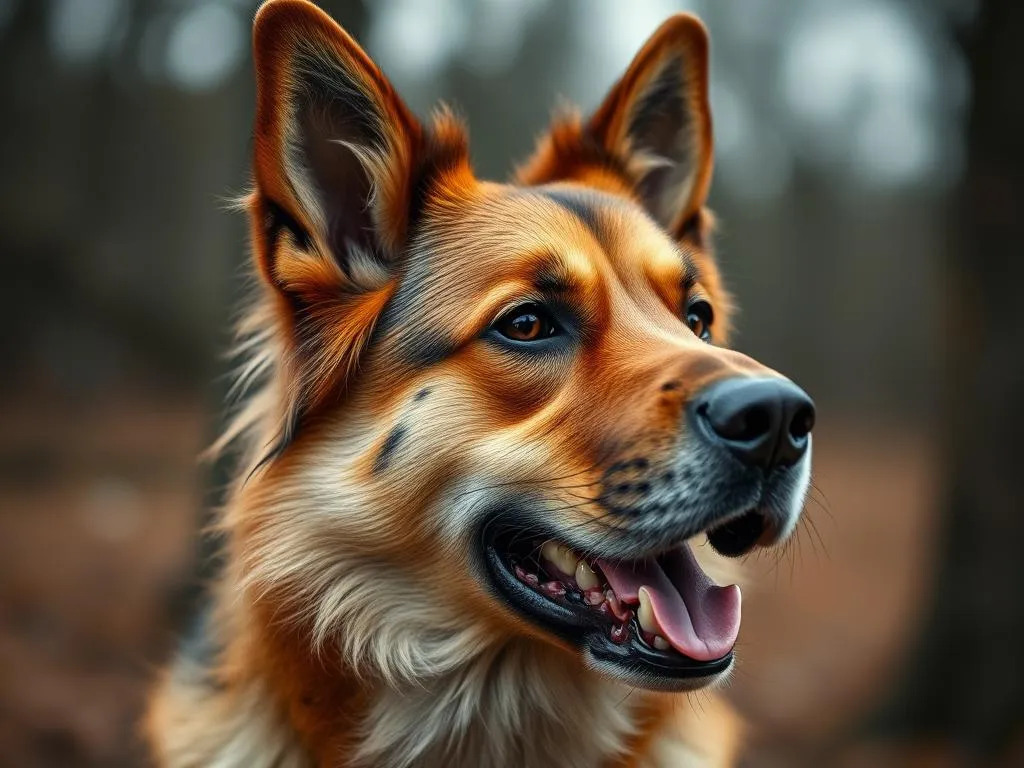
Choosing the right name for your furry friend is not just a fun task; it’s a significant decision that can shape your dog’s identity and behavior. The name you select may influence how they respond to commands and how they are perceived by others. While there are countless naming options available, German dog names offer a unique blend of cultural depth, strength, and charm that resonates with many pet owners.
The Importance of Naming Your Dog
The name you give your dog can wield considerable psychological influence over their behavior and training. Studies have shown that dogs can distinguish between different sounds, making the name you choose critical in their ability to respond to commands. A name that is short and sharp is often easier for dogs to recognize, which can improve training outcomes.
Cultural Influences on Dog Names
Different cultures have their own naming conventions, and German dog names are no exception. German names often reflect traits such as strength, loyalty, and resilience—qualities that many dog owners wish to embody in their pets. This cultural significance can add an extra layer of meaning, enriching your bond with your dog.
Characteristics of German Dog Names
Common Themes in German Names
German names often carry strong meanings and resonate with attributes like bravery, loyalty, and intelligence. These attributes can be instrumental in shaping the personality you wish to cultivate in your dog.
Short vs. Long Names
When considering German dog names, practicality matters. Short names (usually one or two syllables) are easier for dogs to recognize and respond to. Long names, while they may sound beautiful, can be more challenging for dogs to pick up on during training sessions.
Pronunciation Tips
Pronouncing German dog names correctly is essential for effective communication with your pet. Here are a few tips:
– Use clear, strong vowel sounds.
– Practice saying the name out loud before introducing it to your dog.
– Familiarize yourself with any unique German pronunciation rules, like umlauts.
Popular German Dog Names by Category
When exploring names for your dog, various categories can help narrow down your choices. Below is a compilation of popular German dog names, segmented for ease of selection.
Traditional German Names
- Max – A strong, classic name.
- Luna – Meaning “moon,” ideal for a serene companion.
- Bär – Meaning “bear,” great for a big, cuddly dog.
- Fritz – A name that exudes charm and playfulness.
Names Based on Dog Breeds
- Shepherd – A nod to the famous German Shepherd breed.
- Dackel – The German word for Dachshund, perfect for this elongated breed.
- Rott – Short for Rottweiler, ideal for a strong and loyal dog.
Names Inspired by German Culture and History
- Einstein – After the famous physicist, a fitting name for an intelligent dog.
- Heidi – Inspired by the beloved children’s book character.
- Bruno – Meaning “brown,” suitable for a brown-hued dog.
Male German Dog Names
Strong Male Names
- Wolfgang – Meaning “traveling wolf,” ideal for an adventurous spirit.
- Hans – A strong classic name.
- Kaiser – Meaning “emperor,” great for a regal dog.
Unique Male Names
- Gremlin – A quirky choice for a mischievous pup.
- Rudi – Meaning “famous ruler,” perfect for a confident dog.
Female German Dog Names
Elegant Female Names
- Greta – A classic name that means “pearl.”
- Senta – Meaning “to feel,” a great name for a sensitive dog.
Unique Female Names
- Lorelei – Inspired by the famous German legend.
- Frieda – Meaning “peace,” suitable for a gentle dog.
Unisex German Dog Names
- Mika – A short and sweet option.
- Pax – Meaning “peace,” versatile for any dog.
- Sasha – A popular name that works well for both genders.
How to Choose the Right Name for Your Dog
Consider Your Dog’s Personality
Observing your dog’s behavior can provide insights into the most suitable name. Does your dog have a playful or serious demeanor? A name that aligns with their personality can enhance your bond and make communication easier.
Test the Name with Your Dog
Before making a final decision, try calling your dog by the potential name for a few days. Observe their response; do they perk up, come to you, or seem indifferent? This trial period can help you gauge the suitability of the name.
Avoiding Common Mistakes
- Choosing a Name Too Similar to Commands – Avoid names that sound like commands, as they can confuse your dog.
- Using Common Human Names – Names like “Jack” or “Bella” may lead to misunderstandings, especially in public spaces.
- Overcomplicating the Name – Long or complex names can be hard for dogs to recognize.
The Process of Naming Your Dog
Gathering Ideas
Start by compiling a list of names that resonate with you. You can gather ideas from various sources, including books, movies, and cultural references. Don’t hesitate to jot down names that catch your fancy, even if they seem unconventional.
Involving Family and Friends
Involving family and friends in the naming process can make it a fun activity. Share your list and gather feedback. Sometimes, others can provide insights that you may have overlooked, making the final decision easier.
Final Decision Making
Once you have your list narrowed down, take a moment to reflect on each name’s significance. Consider how it feels to say aloud and how it aligns with your dog’s personality. Don’t rush; take your time to make a thoughtful decision.
Conclusion
Choosing the right name for your dog is a vital step in establishing a relationship built on understanding and communication. German dog names not only offer a plethora of strong and meaningful options but also provide an opportunity to connect with the rich cultural heritage of Germany. Whether you choose a traditional name, one based on breed, or a unique cultural reference, what matters most is that the name resonates with you and your new companion.
Embrace the creativity of naming and enjoy this special journey with your furry friend. When you share your chosen names, you contribute to a community of dog lovers who appreciate the beauty of a well-chosen name. Happy naming!







